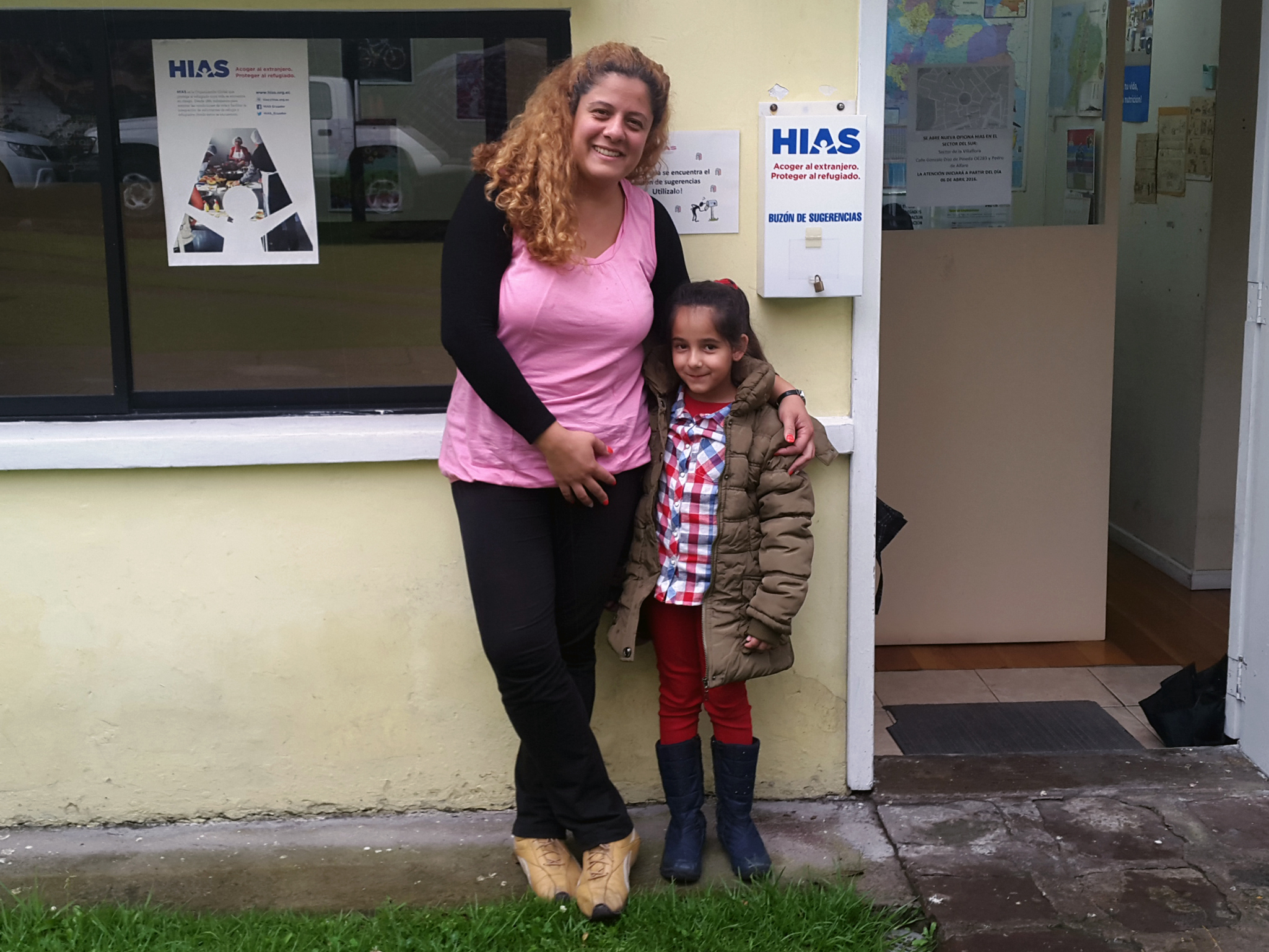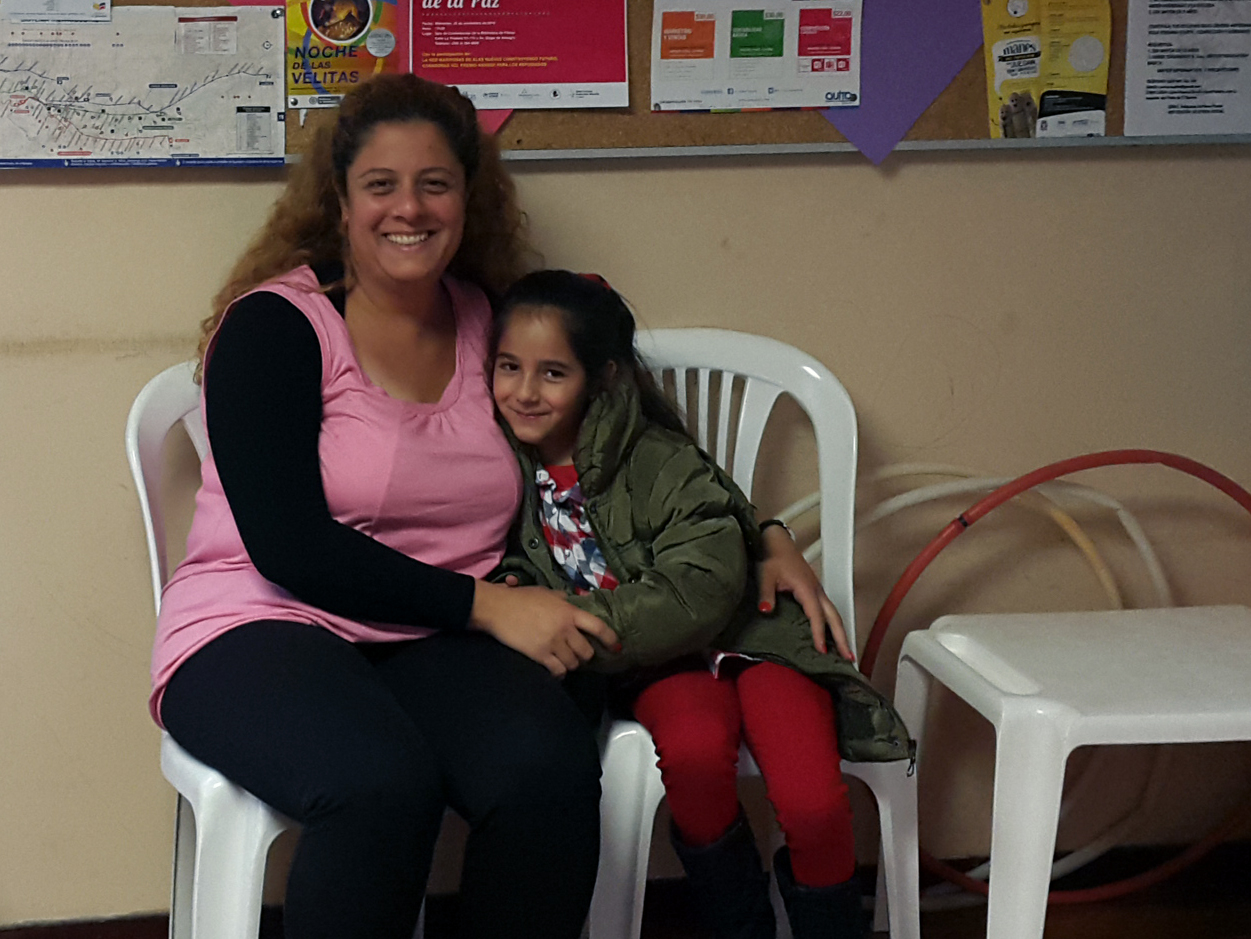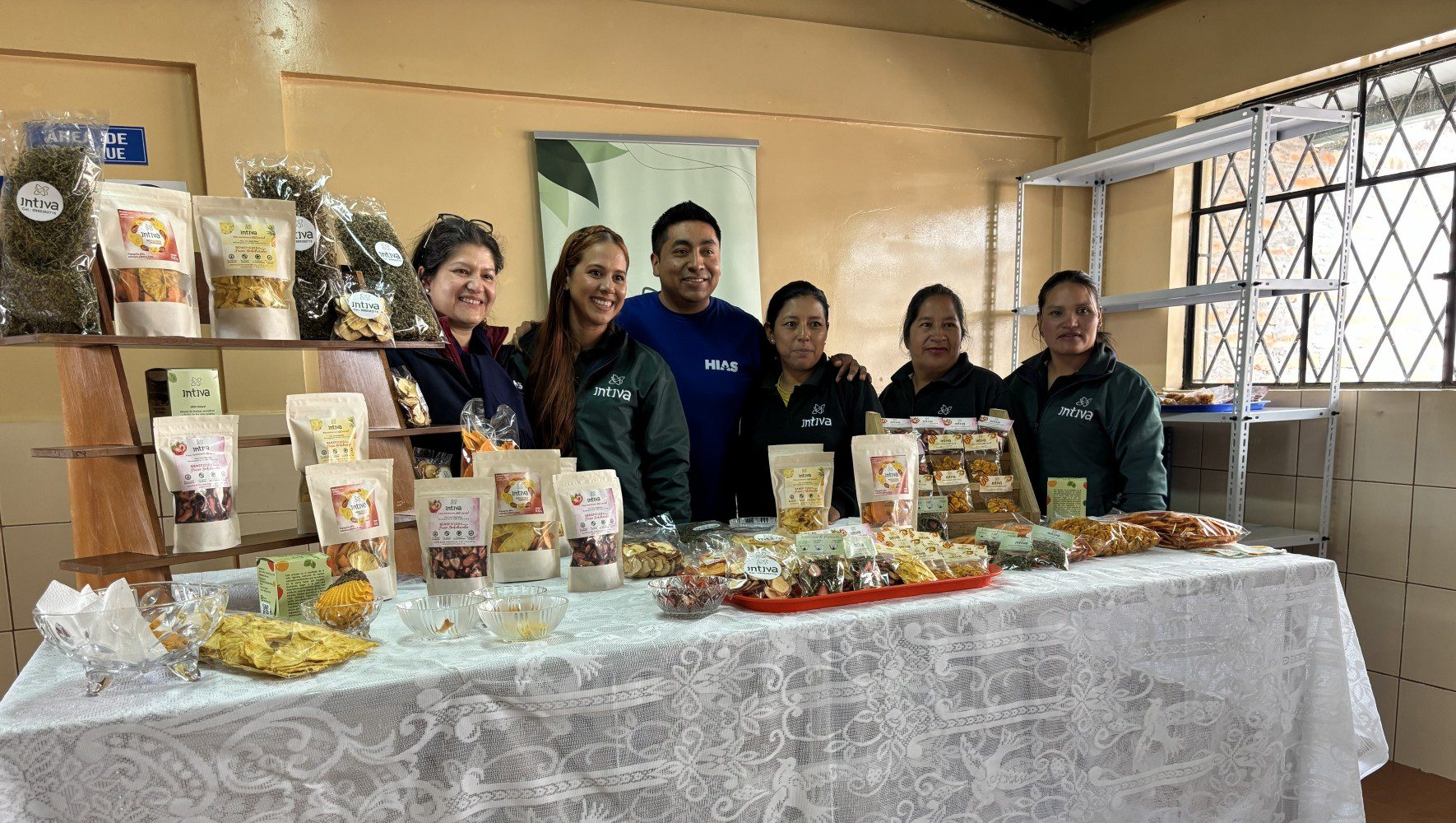A Syrian Refugee in Quito
By Rachel Nusbaum, HIAS.org
Aug 10, 2016
Say ‘Syria’ and the image that springs to mind is likely the bombed out city of Homs or small children in orange life jackets approaching Greek shores in unstable boats.
Most people would not expect to find Syrian refugees in Quito, Ecuador. But this high-altitude city is home to an increasing number of Syrian refugees (in addition to the large number of Colombian refugees already there, seeking shelter from their country’s civil war).
In fact, HIAS Ecuador counts 25 Syrian families among its refugee clients.
“We do everything we can to support them,” said Sabrina Lustgarten, director of HIAS Ecuador. “We connect them with Spanish classes, shelter and food assistance. We can help them out with rent if they need it. Sometimes our staff will accompany them to medical appointments. Whatever we can do to ease their transition.”
Dannah Saddik, a 37-year-old Syrian woman from Damascus, is the head of one such household. Before her country descended into civil war, Saddik was studying journalism and working as a home decorator to finance her studies. But when she became pregnant, her husband, who did not want a child, left.
In 2008, the spreading violence quickly overwhelmed Saddik, her mother and her young daughter, Layan. Traumatized by the constant sound of exploding bombs and the sight of so many injured, they fled. First from one town to another, then to Egypt, where they stayed for some months. But there was no work for them in Egypt, and so they decided to move again. Saddik’s brother, who lives abroad, suggested Ecuador. He knew people there, and they said Ecuador was a welcoming place for refugees. So he sent them money to make the journey, and soon they were on a plane.
The family arrived in Quito in July 2015. A friend of her brother’s met them on their arrival, and helped them initially. But a few days later, he disappeared – along with most of the money her brother had sent them.
Fortunately, HIAS Ecuador has been able to step in to assist her, helping with the cost of housing, connecting her with food aid through the World Food Program, and enrolling her in Spanish classes. Saddik also made a new friend, an Ecuadorian woman named Patricia, who has been helping the family adjust to life in their new home.
But of course, there are challenges. Saddik’s mother was recently diagnosed with diabetes, and is struggling to get the symptoms under control. She has been receiving treatment at a hospital in Quito, but for now the complications are a daily challenge.
As a female head of household, Saddik also finds it difficult to integrate into her new community. “Whenever I have to interact with men, at the supermarket or the internet café, I can sense the other Syrians around me are judging me,” Saddik says. Although she would like to integrate more with her new Ecuadorian neighbors, “the language is a big problem. And the fact we wear veils separates us.”
And then there is the issue of food. Ingredients for many dishes that she would normally prepare—such as eggplant and natural yogurt—are difficult to find and expensive.
Getting her daughter, now 7 years old, enrolled in the public education system was also challenging, since notarized translations required of all her documents were difficult to acquire. Saddik’s friend Patricia worked with the local Mosque to help get Layan a scholarship at a private school, instead.
In addition to waiving her tuition, the school has given her the necessary school supplies and uniforms free of charge.
HIAS Ecuador will continue to work with Saddik to ensure she and her daughter integrate well and don’t fall victim to exploitation. As her Spanish improves, they will work with her to find a job or business opportunity that will provide a sustainable livelihood.
Gabriela Aguirre, a social worker with HIAS Ecuador, has been working closely with Saddik.
“Right now, they have a lot of challenges. They’ve been through a lot, and starting over so far away from home – with a new language and a new culture—isn’t easy,” said Aguirre. “But because of HIAS, they aren’t facing these challenges alone. I think that makes them easier to overcome.”





